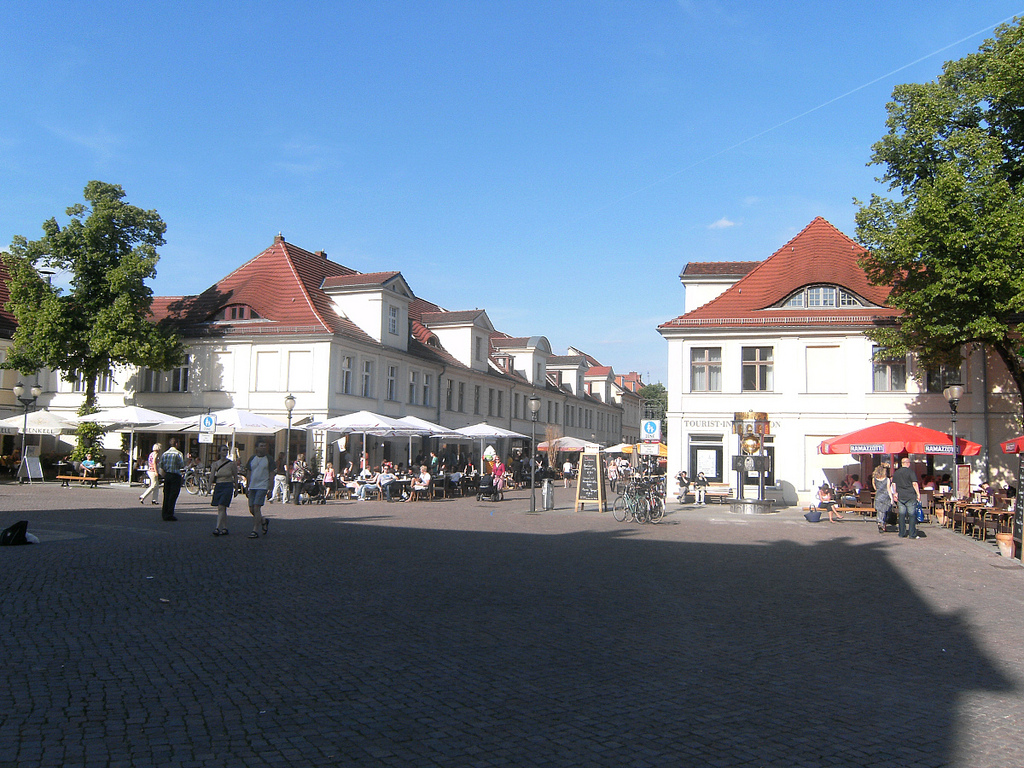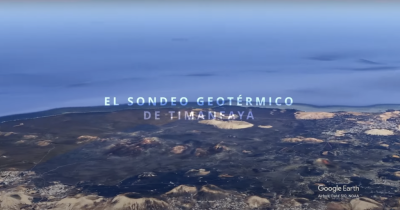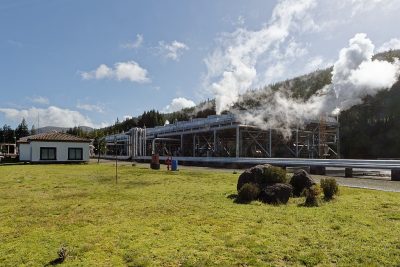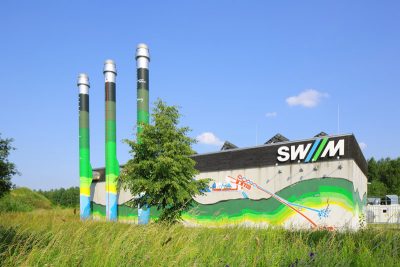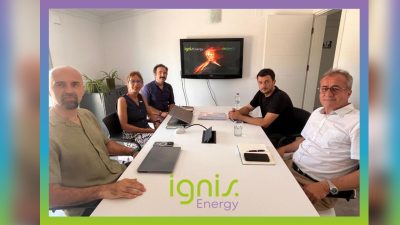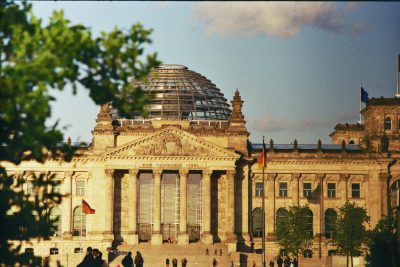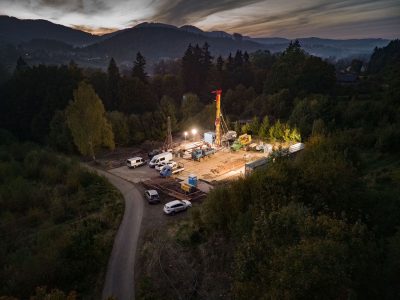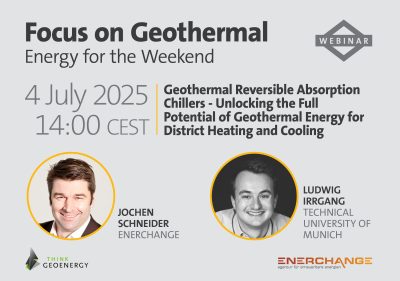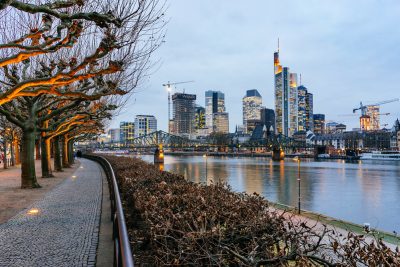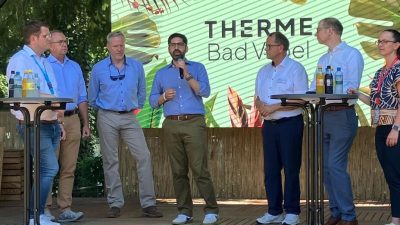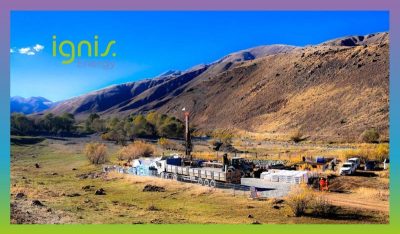German city of Potsdam planning to tap into geothermal for district heating
The local utility EWP in the city of Potsdam in Germany is looking to tap into geothermal energy for district heating with a pilot plant to be completed by 2022.
The city of Potsdam near the German capital of Berlin is looking at geothermal energy fueled district heating. So far, 95 percent of the heating energy in the city comes from just one plant. Now, the local utility Energie und Wasser Potsdam, (Energy and Water Potsdam, EWP) wants to build a decentralized supply and relies on geothermal energy. A pilot project is being developed in the middle of the city. This is reported by local publication Maerkische Allgemeine (MAZ).
The Potsdam-Süd heating plant in the industrial site went online in 1995 and is working with gas. The light blue heat storage went into operation at the end of 2015.
In the long term, the Potsdam energy and district heating supply should not depend solely on the central heating plant South in the industrial area and should be repositioned in a decentralized manner. Specifically, the Energie und Wasser Potsdam (EWP) wants to explore the possibilities of deep geothermal energy at several locations in the city.
The climate protection action plan of the state capital, which was recently decided by city councils, shows that a concept for a “replacement of the central heat generator at the combined heat and power plant south” is to be developed. The power station was connected to the grid in 1995 as a gas-fired power plant, making Potsdam independent of lignite and currently supplies 95 percent of Potsdam’s households with district heating and 90 percent of households with electricity
The EWP wants to invest EUR 700 million (around $800m) in its networks by 2030
“This is not a singular decision, but an integral part of the climate strategy of the city, the municipal utilities and the EWP,” said Sophia Eltrop, CEO of the EWP, this week to MAZ. The Potsdam energy provider, therefore, wants to invest a total of around EUR 700 million in the infrastructure of its water and district heating network by 2030, in each case around EUR 330 million in both areas. In addition, there are another EUR 40 million for accompanying projects, for example in the IT area for the efficient control of systems.
Reduction of pollutants is in the foreground of the decentralized supply
The central idea is to reduce pollutant emissions, for which the EWP also wants to win over the real estate industry as a partner – primarily by modernizing or converting existing heating systems, which could then use the less hot geothermal energy efficiently. “In the next five years, we will work out a concept for the transformations in the district heating network,” says Eltrop. By 2030, the old cogeneration plant could then be renewed in much smaller dimensions – until then, today’s building would have reached its lifespan after 35 years.
Pilot project for geothermal energy at Heinrich-Mann-Allee
In Potsdam, geothermal energy (geothermal energy), solar heat (solar thermal energy) and biological raw materials such as wood or biogas should be used as energy sources instead of gas. “We see the greatest potential in deep geothermal energy,” says Eltrop. The hot water from the earth’s interior could take over district heating district heating.
There is already a pilot project: the Pro Potsdam planned quarter at the former tram depot in Heinrich-Mann-Allee with 750 apartments. “We are in the preliminary tests and have provided alone for EUR600,000,” says Eltrop. Experience in the water sector of the EWP, where many geological surveys have already been conducted, suggests drilling around 2,000 meters deep. It will take some time before the first test holes are made. The pilot plant in Heinrich-Mann-Allee, which could be completed by 2022, is expected to cost around EUR 9 million (around $10.34 million).
Eltrop also sees potential in the Bornstedter Feld and the Jungfernsee – in other words, where there are new buildings with the appropriate building services.
Source: MAZ Online
